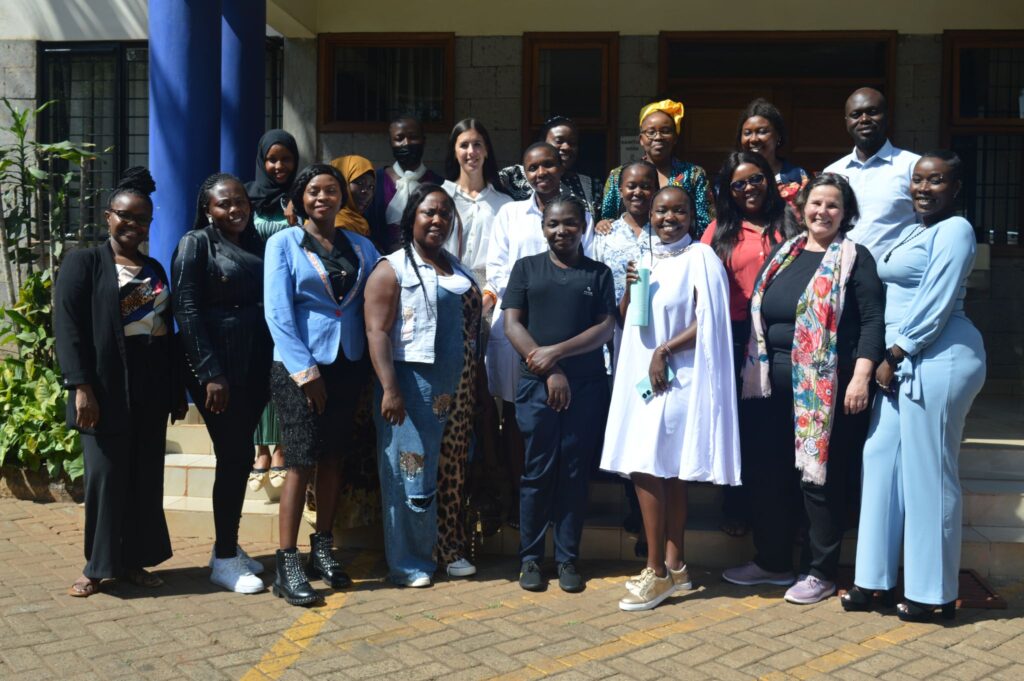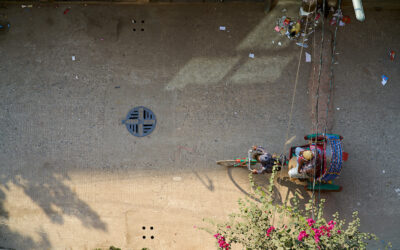Last year, Free the Slaves (FTS) and Awareness Against Human Trafficking (HAART) initiated a research project on survivor engagement in Eastern and Central Africa.
Moving from the consideration that the engagement of survivors in the anti-trafficking movement still suffers from important limitations (e.g., survivors are often still treated as helpless victims in search of assistance, as needy recipients of services, as lucky beneficiaries of the anti-slavery movement’s largesse, and as trauma-bearing individuals who are exclusively defined by their trauma), the objective of the proposed research was to provide organizations in the anti-trafficking space with recommendations on practices of inclusive survivor engagement that may be standardized through an organization’s policy.
To reach this objective, the research combined quantitative and qualitative methods. It reviewed and analyzed the existing relevant literature, conducted semi-structured interviews with survivors, and administered an online survey to anti-trafficking organizations.
From a methodological perspective, a distinctive contribution of this research was the active, multifaceted, and continuous participation of people with lived experience. On the one hand, survivors contributed as researchers. They underwent training in qualitative research skills and participated in conducting the interviews, analyzing the data, identifying key findings, and developing recommendations. On the other hand, survivors contributed as respondents, sharing their personal experiences, insights, and perceptions regarding survivor engagement practices.
Confirming the central and active role that survivors played in this research project, on September 29th, a full-day research validation workshop was organized by FTS and HAART in Nairobi, Kenya. The workshop brought together most of the survivors who had participated in the research – either as research assistants or as interviewees – to provide them with a platform to voice their thoughts, needs, and priorities before the publication of the final research report.
During the workshop, the three survivor researchers presented the research findings and recommendations to the other participants, raised questions and concerns related to the proposed recommendations, and facilitated group discussions. After each survivor group spent time discussing the research findings and recommendations, one spokesperson for each group was tasked with presenting their internal considerations to the rest of the participants.
Conceived as an opportunity to have a final exchange of ideas before the conclusion of the final research report, the validation workshop was indeed an excellent platform in which to clarify some of the questions, or uncertainties, that had emerged from the interviews and to make sure that the recommendations proposed in the final report would reflect the survivor’s thoughts and expectations.

Research Validation Workshop – Nairobi, Kenya – 29th September 2023
Research Validation Workshop – Nairobi, Kenya – 29th September 2023




